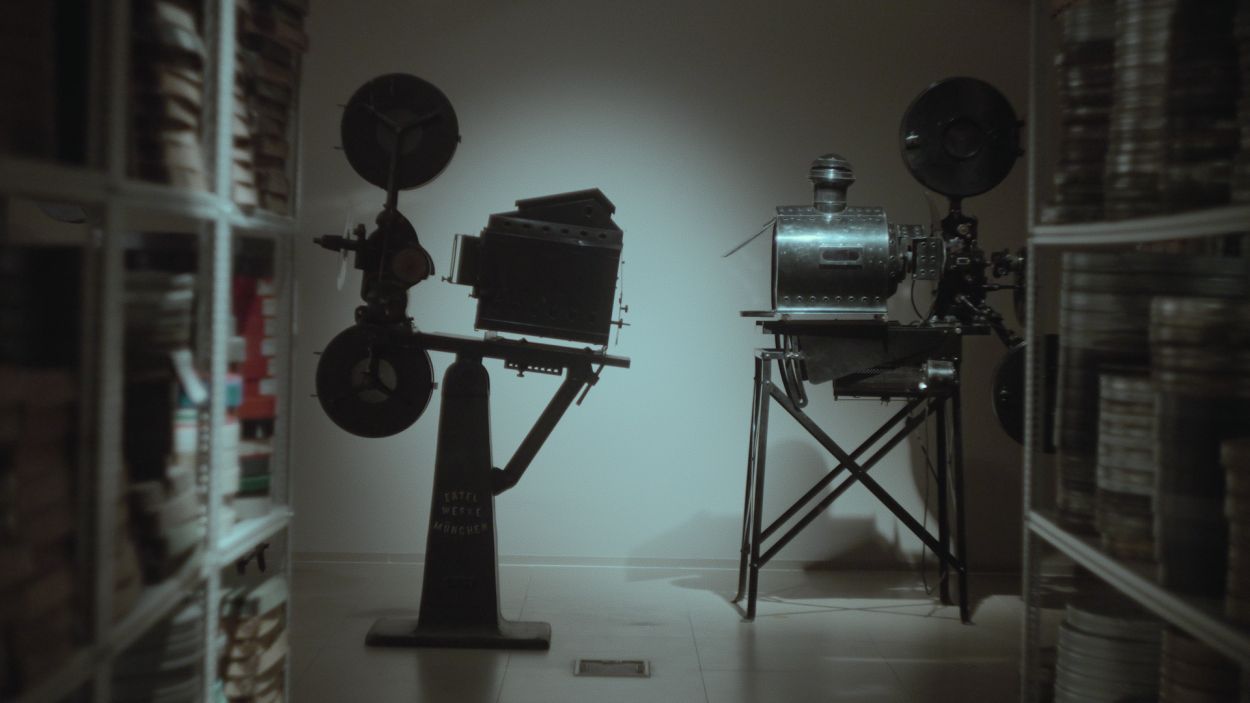The restauration of cult films: “The Marathon Family” runs the digital marathon
"It was like watching a world film," said famous Seka Sablić when the Public Service and the Yugoslav Film Archive began showing digitised versions of legendary achievements of Yugoslav and Serbian cinema. It was the first time, after many years of replaying cult replicas on a worn-out screen, that we were able to enjoy the best works in a new form.
The Yugoslav Film Archive, which has started the process of restoration and digitisation of films, is responsible for all this - and more than 100,000 titles are kept in its depots! – with the goal to preserve the treasures of national, but also the world seventh art. Within the Yugoslav Film Archive, the Centre for Digitisation and Digital Restoration of Films was opened, equipped with funds received from the European Union.
"We managed to save some films from decay, especially some that were on nitrate media, which can simply begin to decay on their own due to their chemical composition, without any possibility to save them," said Marijan Vujović, director of the Yugoslav Film Archive Museum and film program editor.
He reminds that about a third of all works are stored on nitrate strips, which are also highly flammable. So far, a large number of films have been restored - almost the entire collection of works filmed in Serbia until the Second World War.
"Part of that has been digitally restored, but the first step is always digitalisation. We also started and continued with digitalisation and digital restoration of significant feature films from the post-war period, from 1945 onwards. "
One of the most important outcomes of this department was the screening of the film "I even met happy Gypsies” (Skupljači perja) by Aleksandar Saša Petrović in 2017 in the official selection of the Cannes Film Festival on the occasion of 50 years since the screening of the film, when it won the prestigious Grand Prix.
"The professional public, researchers, as well as students from film schools can now more easily get information, they can watch films that were previously on nitrate tape. Previously, they could only be viewed under special conditions. We have now released these films on DVD, and we have them on our YouTube channel. We have actually covered the professional public and the general public - both can enjoy the benefits of our work thanks to our Centre for Digitisation and Digital Restoration", concludes Vujović.
Preserving Europe's common cultural heritage, supporting and promoting the arts and creative industries in Europe are among the goals of the European Union. Concrete initiatives, such as the European Year of Cultural Heritage, are dedicated to giving all citizens access to this vibrant and diverse culture.
In addition, the EU recognizes culture because of its wider socio-economic significance, which in turn contributes to the cohesion, inclusion and well-being of our societies and communities.
